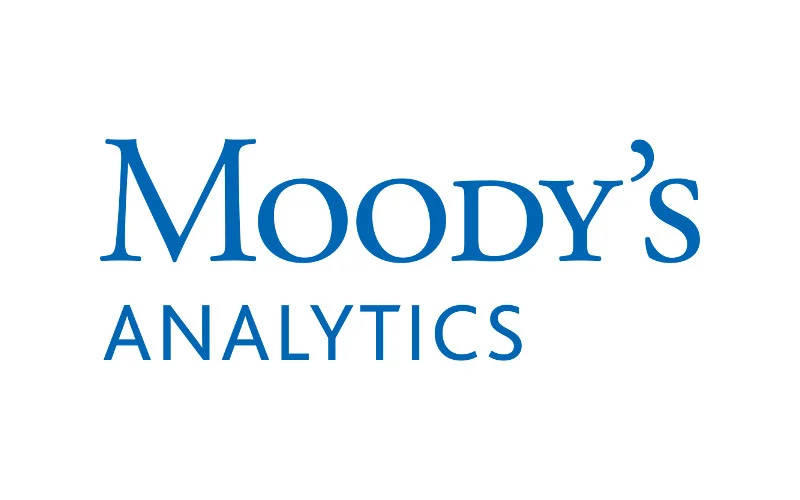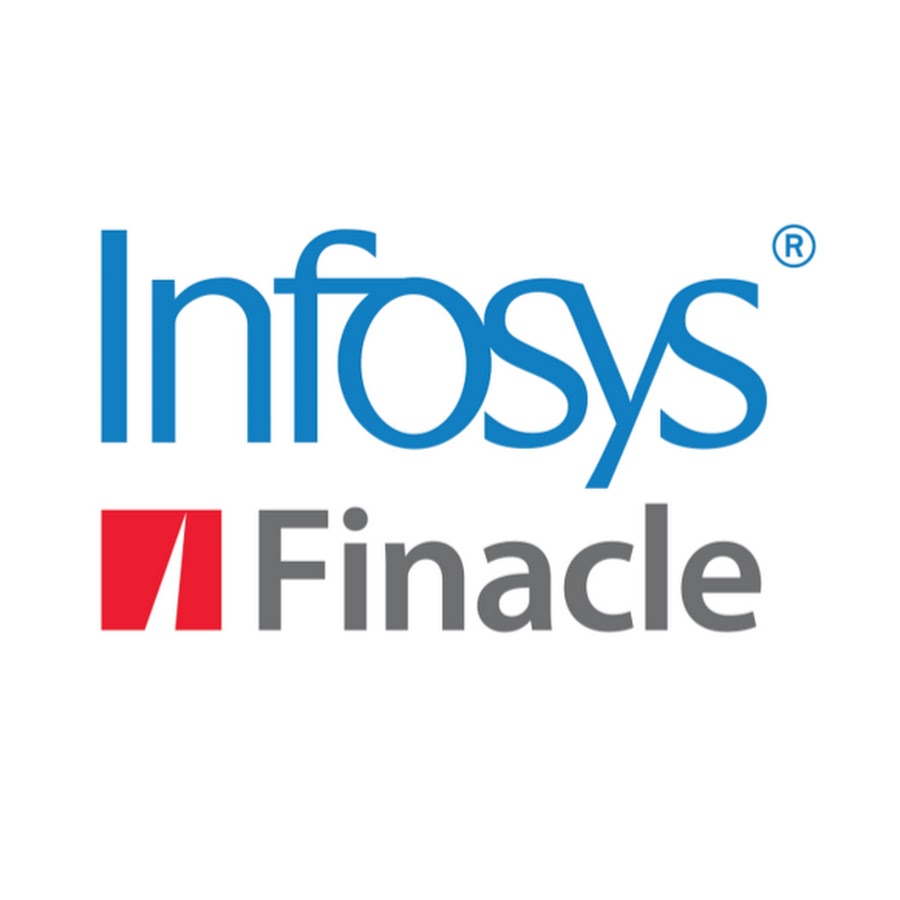
Moody’s Analytics is a subsidiary of Moody’s Corporation, renowned for providing financial intelligence, analytics, and risk management solutions to businesses, banks, and governments worldwide. Established in 2007 as a separate unit from Moody’s Investors Service, Moody’s Analytics has become a trusted source of credit risk, economic data, and financial modeling tools, helping institutions make informed decisions and navigate complex market environments.
Moody’s Analytics offers a broad range of products and services, including economic forecasting, credit risk assessment, stress testing, regulatory compliance, and financial data analysis. Its solutions are used by risk managers, analysts, and executives to evaluate market conditions, assess counterparty risk, optimize portfolios, and ensure regulatory compliance. With a focus on innovation and advanced analytics, Moody’s Analytics combines cutting-edge technology with deep financial expertise to deliver actionable insights.
Core Features and Capabilities of Moody’s Analytics:
-
Credit Risk Solutions:
-
Functionality: Moody’s Analytics provides comprehensive credit risk assessment tools that help institutions evaluate counterparty risk, creditworthiness, and potential losses.
-
Key Features: Credit scoring models, probability of default (PD) calculations, loss given default (LGD) metrics, and credit portfolio management.
-
Benefits: Enables financial institutions to accurately assess credit risk, reduce potential losses, and make more informed lending and investment decisions.
-
-
Economic and Scenario Forecasting:
-
Functionality: The platform offers robust economic data and forecasting tools that support scenario analysis, stress testing, and macroeconomic forecasting.
-
Key Features: Global economic data, baseline and alternative scenarios, inflation forecasts, and country risk assessments.
-
Benefits: Helps businesses and banks anticipate economic shifts, plan for future scenarios, and integrate macroeconomic insights into risk management and strategic planning.
-
-
Regulatory Compliance and Stress Testing:
-
Functionality: Moody’s Analytics provides regulatory compliance solutions that support stress testing, capital adequacy assessment, and reporting in line with global regulatory standards such as Basel III, IFRS 9, and CECL.
-
Key Features: Stress testing frameworks, scenario generation, capital planning, and regulatory reporting automation.
-
Benefits: Assists institutions in meeting regulatory requirements, optimizing capital allocation, and enhancing overall resilience to financial shocks.
-
-
Data and Analytics Platforms:
-
Functionality: Moody’s Analytics offers data and analytics platforms that integrate financial data, market intelligence, and advanced modeling capabilities.
-
Key Features: Credit risk data, economic data feeds, financial statement analysis, and real-time data integration.
-
Benefits: Provides users with the insights needed to drive data-driven decision-making, improve risk assessment, and gain a comprehensive view of market conditions.
-
-
Enterprise Risk Management (ERM):
-
Functionality: Moody’s Analytics delivers end-to-end ERM solutions that help institutions identify, measure, and manage risks across their operations.
-
Key Features: Risk identification, quantification, risk appetite frameworks, and risk-adjusted performance metrics.
-
Benefits: Enhances an institution’s ability to manage risk holistically, ensuring that all risks are identified, assessed, and mitigated effectively.
-
-
Commercial Real Estate Solutions:
-
Functionality: The platform includes specialized tools for commercial real estate (CRE) analysis, valuation, and risk assessment.
-
Key Features: Property-level data, market trends, CRE valuation models, and default risk analytics.
-
Benefits: Supports CRE lenders and investors in making informed decisions by providing detailed property risk assessments and market insights.
-
Advantages of Using Moody’s Analytics:
-
Comprehensive Data Coverage:
-
Moody’s Analytics offers an extensive range of data covering credit, market, and economic factors. This breadth of information helps institutions gain a holistic view of financial risks and opportunities.
-
-
Advanced Analytics and Modeling:
-
The platform’s advanced analytics tools, including AI-driven models and scenario forecasting, enable institutions to perform detailed analyses, predict outcomes, and stress-test their portfolios against a variety of economic conditions.
-
-
Regulatory Compliance Support:
-
Moody’s Analytics is well-equipped to help institutions meet complex regulatory requirements, offering solutions that streamline compliance processes, automate reporting, and enhance transparency.
-
-
Expertise and Credibility:
-
Backed by Moody’s long-standing reputation in the financial industry, Moody’s Analytics combines deep expertise with high-quality data, providing institutions with trusted insights that drive strategic decision-making.
-
-
Customizable Solutions:
-
Moody’s Analytics offers flexible, customizable solutions that can be tailored to meet the specific needs of different financial institutions, from banks and asset managers to insurance companies and corporates.
-
-
Integration and Scalability:
-
The platform is designed to integrate seamlessly with existing systems, providing scalability that allows institutions to expand their use of Moody’s Analytics as their needs evolve.
-
Use Cases:
-
Credit Risk Assessment: A bank uses Moody’s Analytics to evaluate the credit risk of its loan portfolio, integrating PD, LGD, and exposure at default (EAD) metrics to assess overall risk and optimize capital allocation.
-
Stress Testing and Compliance: A global bank utilizes Moody’s stress testing tools to comply with regulatory requirements under Basel III, conducting scenario analysis to assess the impact of economic downturns on capital adequacy.
-
Economic Forecasting: An asset manager leverages Moody’s economic data and forecasting models to inform investment strategies, integrating macroeconomic trends into portfolio construction and risk management.
-
Commercial Real Estate Valuation: A CRE lender uses Moody’s Analytics to perform property-level valuations and assess default risks, improving its underwriting process and reducing exposure to high-risk loans.
Conclusion:
Moody’s Analytics is a leading provider of financial intelligence, analytics, and risk management solutions, empowering institutions to make informed decisions, manage risks, and navigate complex market environments. Its comprehensive suite of products, from credit risk and economic forecasting to regulatory compliance and data analytics, makes it an indispensable tool for financial professionals worldwide. With a focus on advanced technology and data-driven insights, Moody’s Analytics helps institutions enhance their strategic planning, optimize risk management, and achieve regulatory compliance.
Similar Products

Temenos
Temenos is a leading provider of banking software solutions that cater to the needs of financial in…

Backbase
Backbase is a leading digital banking platform that focuses on transforming the customer experience…

Fiserv
Fiserv is a global leader in financial technology solutions, providing a wide range of services to …

Oracle FLEXCUBE
Oracle FLEXCUBE is a comprehensive, modern banking platform developed by Oracle, designed to help f…

Finacle
Finacle is a comprehensive banking software suite developed by Infosys, designed to help banks tran…